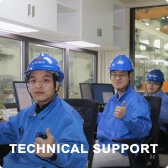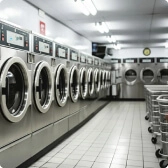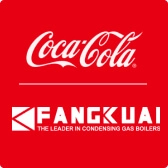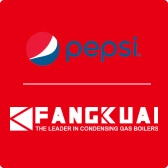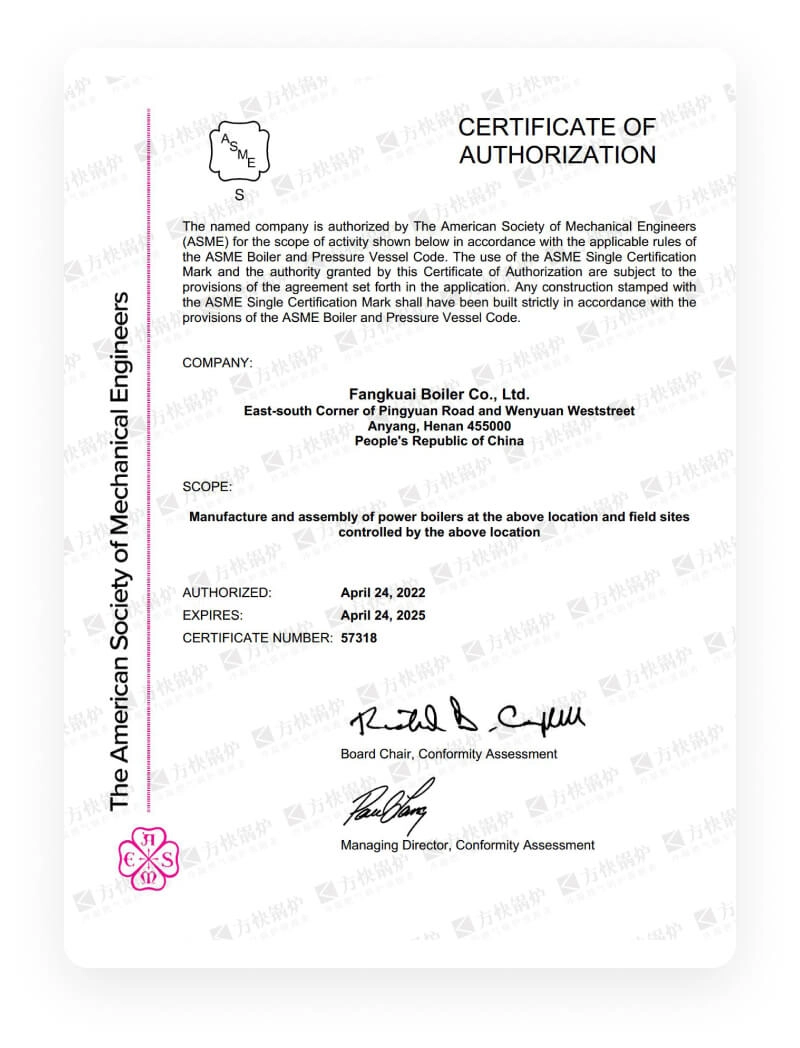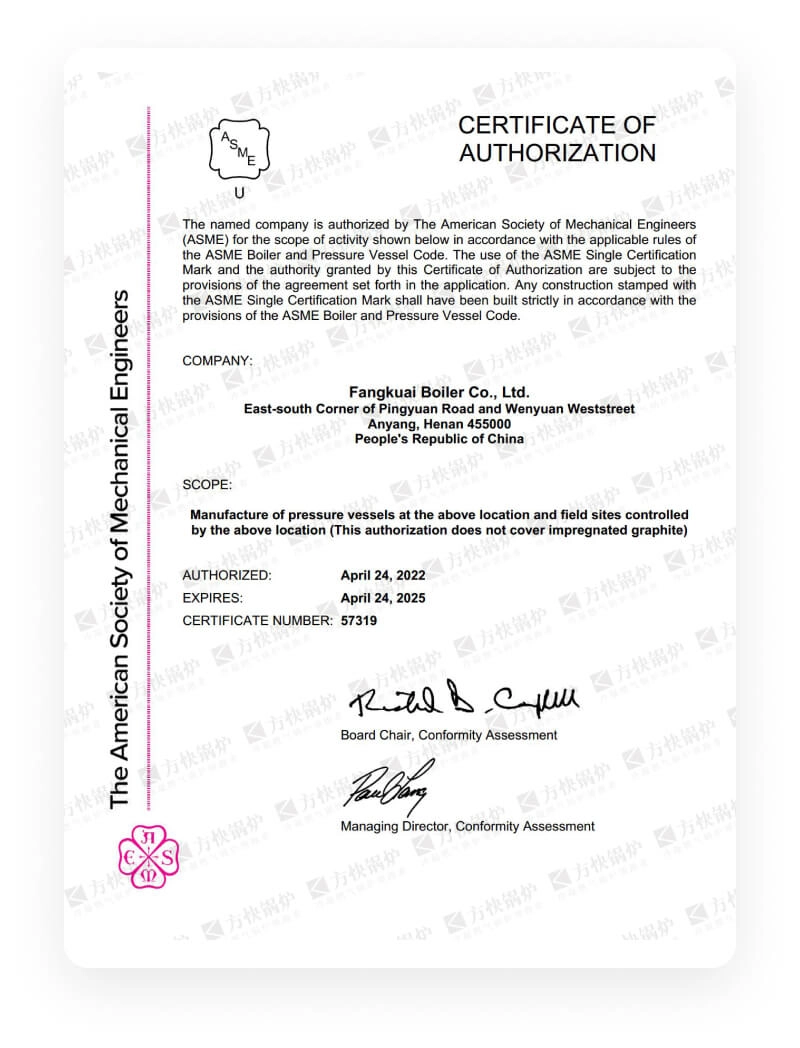What is a commercial boiler?
date: 2024-09-30
Page preview:
Commercial boilers refer to boilers that are specifically used for hot water supply or heating systems in industries, commerce, services, and some residential buildings. The following is a detailed explanation of commercial boilers:
1. Definition and Features
Definition: A commercial boiler is a device that can generate steam or hot water, which is transported through pipes to where it needs to be heated to meet the heating and heating needs of commercial places.
Features: Compared with domestic boilers, commercial boilers are usually larger in size, higher in power and more complex in structure. At the same time, the design and manufacture of commercial boilers need to follow strict safety standards and regulations to ensure that they are safe, reliable, efficient and energy-saving.
2. Types and Fuels
Types: There are many types of commercial boilers, including steam boilers, hot water boilers, gas boilers, oil boilers, biomass boilers and electric boilers.
Fuel: Commercial boilers usually use natural gas, oil, electricity, biomass, etc. as fuel to generate steam or hot water.
3. Application scenarios
Industrial production: In the manufacturing industry, commercial boilers are used to provide high-temperature and high-pressure steam to drive hydraulic equipment, generators and other mechanical equipment. In the chemical industry, commercial boilers are used to provide heat energy for reactors, distillation towers and other production equipment.
Commercial buildings: Large office buildings, shopping malls, hotels and other commercial buildings require a large amount of hot water supply and heating equipment. Commercial boilers can provide stable heat energy to ensure warmth and comfort in the building.
Medical institutions: Hospitals require a large amount of hot water supply for disinfection equipment, laundries and wards. The high efficiency of commercial boilers ensures the normal operation of medical institutions.
Food processing: Commercial boilers can provide the required high-temperature and high-pressure steam in the food processing process, which is used for food heating, cooking and sterilization processes.
Agricultural greenhouses: Greenhouse cultivation requires constant temperature and humidity, and commercial boilers can provide stable heat energy to ensure the normal growth of plants in the greenhouse.
4. Advantages and Trends
Advantages: Commercial boilers have the advantages of small footprint, high efficiency and energy saving, safety and reliability, easy installation and maintenance, cost saving and wide application range.
Trends: With the improvement of environmental awareness and the promotion of clean energy, more and more commercial boilers are beginning to use clean energy such as solar energy and geothermal energy to reduce the impact on the environment. At the same time, the development of intelligent and automated technologies will also promote commercial boilers to develop in a more efficient, environmentally friendly and intelligent direction.


